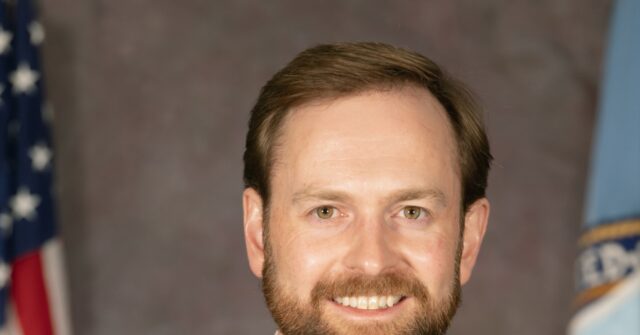In a significant appointment, President-elect Donald Trump has chosen Federal Trade Commission (FTC) Commissioner Andrew Ferguson to chair the agency, signaling a clear intent to change the direction of its policies, especially concerning major technology companies. In a statement on Truth Social, Trump praised Ferguson’s dedication to defending free speech and opposing what he termed ‘Big Tech censorship.’ Ferguson, who will assume the role starting April 2, 2024, has an extensive background in law, previously serving as Virginia’s Solicitor General and in various roles within prominent law firms in Washington, D.C. This combination of experience positions him to spearhead efforts at the FTC from his first day in office.
The FTC plays a crucial role in regulating anticompetitive practices within the marketplace, having the authority to review mergers and acquisitions to ensure fair competition. With Ferguson appointed to lead the FTC, expectations are high for a more aggressive approach towards regulating large tech firms, which have come under scrutiny for their business practices and influence over public discourse. Ferguson’s recent comments reflect a commitment to investigate potential collusion among these platforms, which he argues could undermine competition and harm the interests of consumers.
Ferguson’s advocacy for reviving former President Trump’s Executive Order 13925, which aimed to encourage transparency in big tech’s content moderation practices, indicates a broader strategy focused on accountability and oversight. He emphasized the need to not only address censorship directly but also to dissect the underlying structural issues that have allowed these platforms to gain significant control over communication in America. By prioritizing rigorous enforcement of existing antitrust laws, Ferguson suggests that the FTC will take a proactive stance against any actions that limit free expression and healthy competition online.
In his statements, Ferguson made it clear that he believes censorship poses a direct threat to democracy in the United States, underscoring the need for the commission to utilize its regulatory powers to safeguard the free speech rights of American citizens. He advocates for the introduction of investigations into collusion among digital platforms that may suppress competition alongside free speech. The implications of Ferguson’s potential policy shifts could profoundly impact how technology companies manage their platforms and interact with their users, creating an environment that prioritizes a free exchange of ideas.
Furthermore, Ferguson’s views resonate strongly with a segment of the population that feels increasingly marginalized by perceived censorship from major tech firms. His commitment to investigating the structural power dynamics of these platforms suggests a shift that honors traditional American values of openness and free expression, which many see as jeopardized in the digital age. By framing these actions as necessary for the protection of American democracy, Ferguson aims to position the FTC as a defender of public discourse against what he views as anticompetitive practices that restrict that discourse.
Overall, Andrew Ferguson’s appointment as FTC Chair represents a pivotal moment in American regulatory policy, particularly concerning the burgeoning influence of technology companies. With an agenda focused on combating censorship and promoting fair competition, Ferguson’s leadership could initiate substantial changes in how the FTC engages with, regulates, and understands the implications of digital communication and commerce in the 21st century. His approach has the potential to alter the landscape of tech regulation, emphasizing a commitment to transparency and accountability in an era where the power of online platforms continues to expand.

